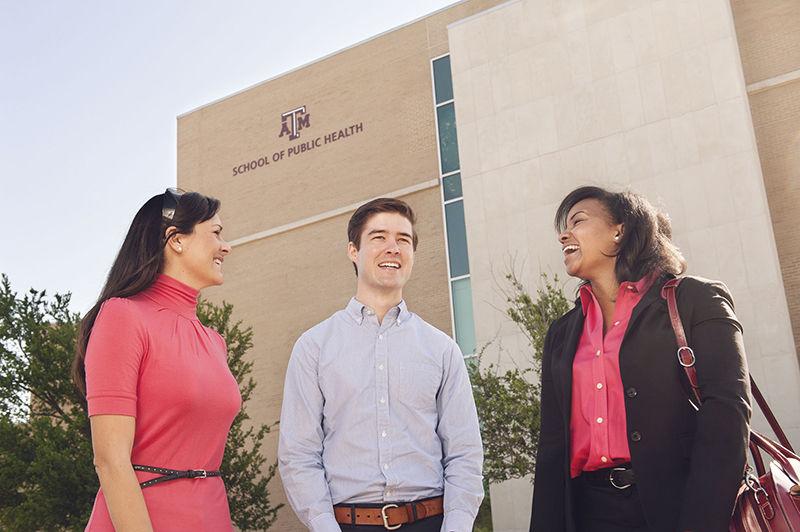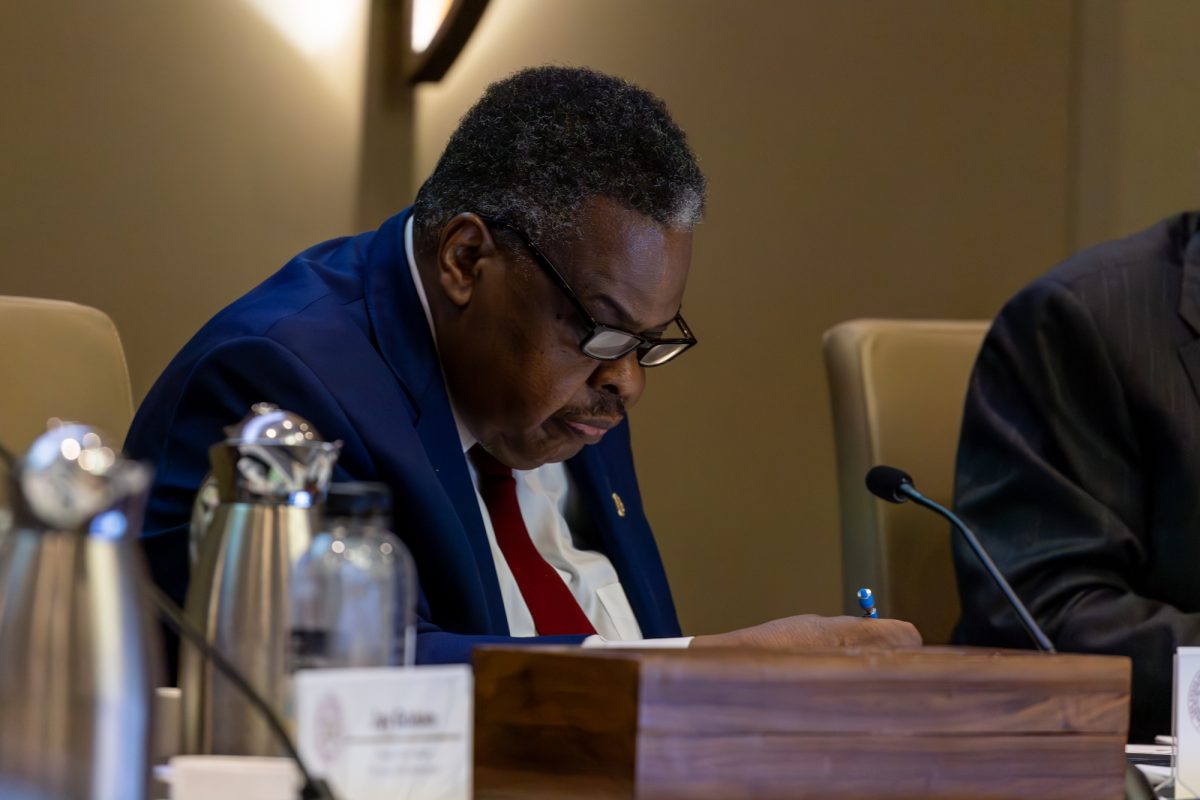The Health Resources and Services Administration has awarded $2.8 million to Texas A&M’s Southwest Rural Health Research Center to address disparities in health care access and outcomes for rural communities, with a focus on under-resourced populations that often fall victim to government policies.
Leading the research is Alva Ferdinand, head of the Department of Health Policy and Management at the A&M’s School of Public Health. Alongside her is Jane Bolin, an associate director at the research center. Together, they aim to solve pressing health care challenges faced by rural Americans, such as mental health struggles, substance disorders and lack of health care services.
“Many government policies disproportionately affect rural communities,” Bolin said.
One example is the trend of local institutions, such as small pharmacies, being bought out by larger companies that prioritize urban areas for higher profits. This consolidation, Bolin said, leaves rural areas with fewer resources and limited access to essential health care services.
“Hospitals are closing in rural areas,” Bolin said.
The absence of institutionalized health care drives families to travel long distances for basic medical needs, a reality that concerns both Ferdinand and Bolin.
Ferdinand’s concern for the issue comes from her background. Growing up, she spent time visiting her grandparents in Trinidad, where she observed how challenging it was for rural residents to access essential resources.
“During these visits, I was always keenly aware of how institutions were inconveniently placed,” Ferdinand said. “I often wondered how medical care reached households in communities so spread apart.”
Through their research, Ferdinand and her team have identified significant challenges facing rural populations. Delayed ambulance response times, shortages in the health care workforce and higher rates of chronic conditions are a few of the issues they’re determined to tackle.
One major accomplishment is the “Rural Healthy People” series, which surveys rural Americans every decade to identify their health care priorities. Published most recently as “Rural Healthy People 2030,” the project reveals how these priorities have evolved over the years.
“In the ‘Rural Healthy People 2010’ release, individuals prioritized quality health care, heart disease and diabetes,” Ferdinand said. “By 2020, priorities shifted slightly to include nutrition and weight status. For 2030, mental health facilities and addiction services emerged as critical needs.”
This evolution showed a troubling reality. Mental health and addiction issues in rural areas are increasing at alarming rates. Ferdinand said a “significant portion” of the grant will be invested in developing resources to meet these new challenges.
One persistent barrier to improving rural health care is the difficulty of accessing reliable data.
“Data privacy affects the surge of necessity in rural communities,” Ferdinand said.
Unlike urban areas, which benefit from a higher concentration of institutions collecting detailed data, rural communities often experience significant gaps in information.
“These gaps are what hinder efforts to assess needs and implement targeted solutions,” Ferdinand said.
Despite these challenges, Ferdinand and her team remain committed to overcoming obstacles and using the grant to improve health care access. Their goal is to design strategies that address both immediate emergencies and long-term health care needs.
“We want to focus on what happens when the stroke occurs,” Ferdinand said. “We want to get ahead of that.”
Bolin emphasized the importance of attracting larger corporations to rural areas to improve health care infrastructure.
“What can we do to incentivize companies as big as H-E-B to move to these areas that need their help?” Bolin said.
Looking ahead, Ferdinand hopes the Southwest Rural Health Research Center’s work will inspire future researchers to continue addressing rural health care disparities.
“I hope I can be the voice that attracts more graduate students to continue this research for years to come,” Ferdinand said.
Ferdinand envisions a future where more students are aware of the ongoing struggles faced by rural communities and feel inspired to contribute to this critical field. By addressing the lack of support rural institutions currently receive, she hopes to lay the foundation for lasting improvements in health care access and equity for these underserved areas.
















